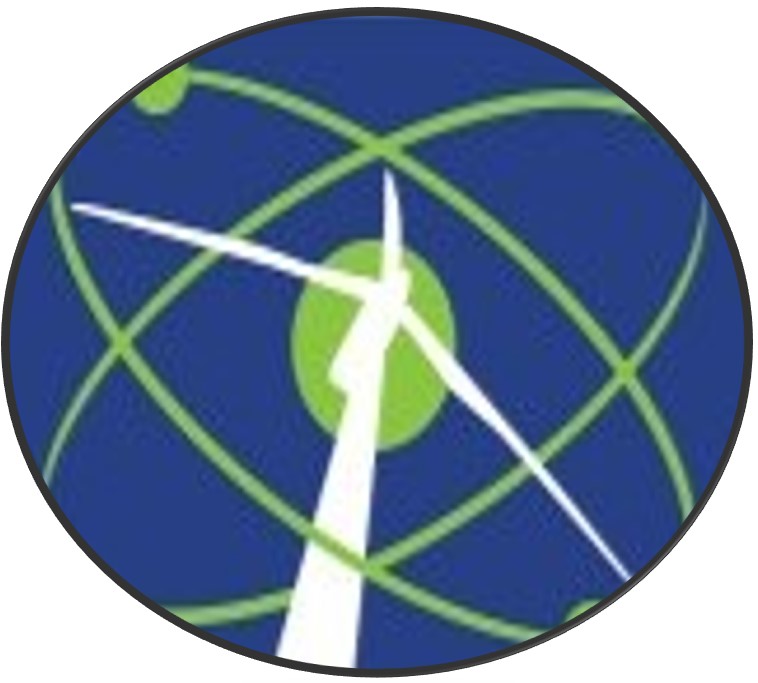The Danish Ministry of Climate, Energy and Utilities is proposing to “reduce the capacity booking requirement,” so the “first phase of the pipeline can proceed based on capacity from a single project.”
Instead of waiting for multiple buyers to sign long-term agreements for the Esbjerg to Germany network, Energinet can move forward with the project if just one major hydrogen producer commits to using it, making it more likely for the first phase to be completed by 2030.
Up to DKr 8bn of subsidies will be provided over 30 years to build the first section of the pipeline, whilst the Danish Government has also announced a DKr 7.5bn (1.4bn) loan will be granted to Energinet to support the project construction.














